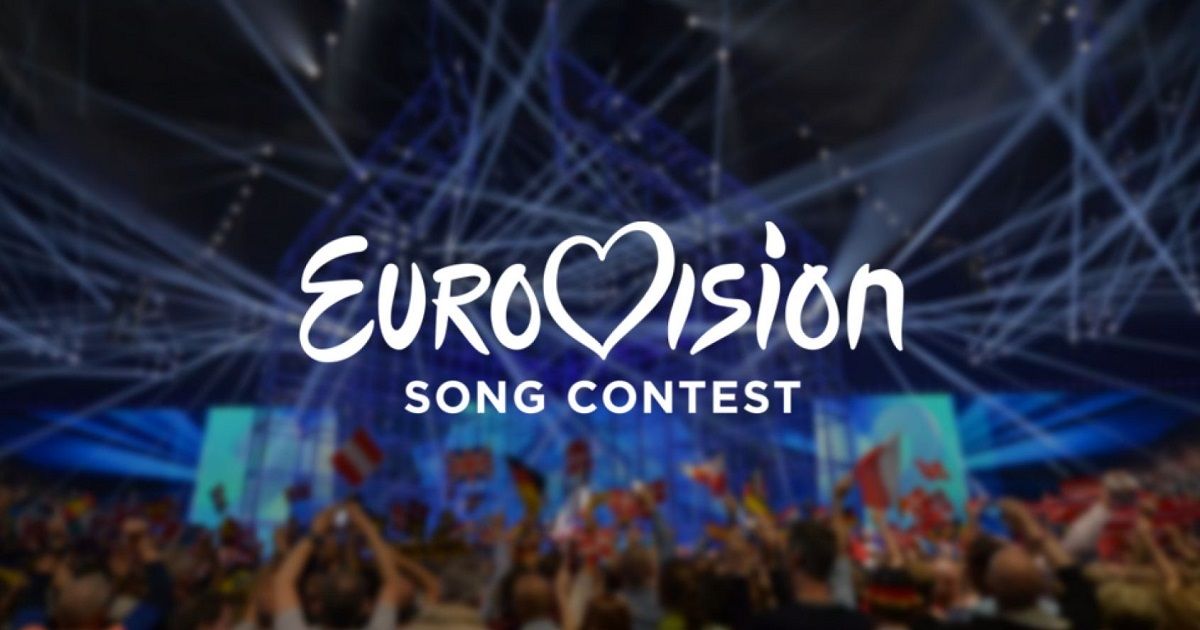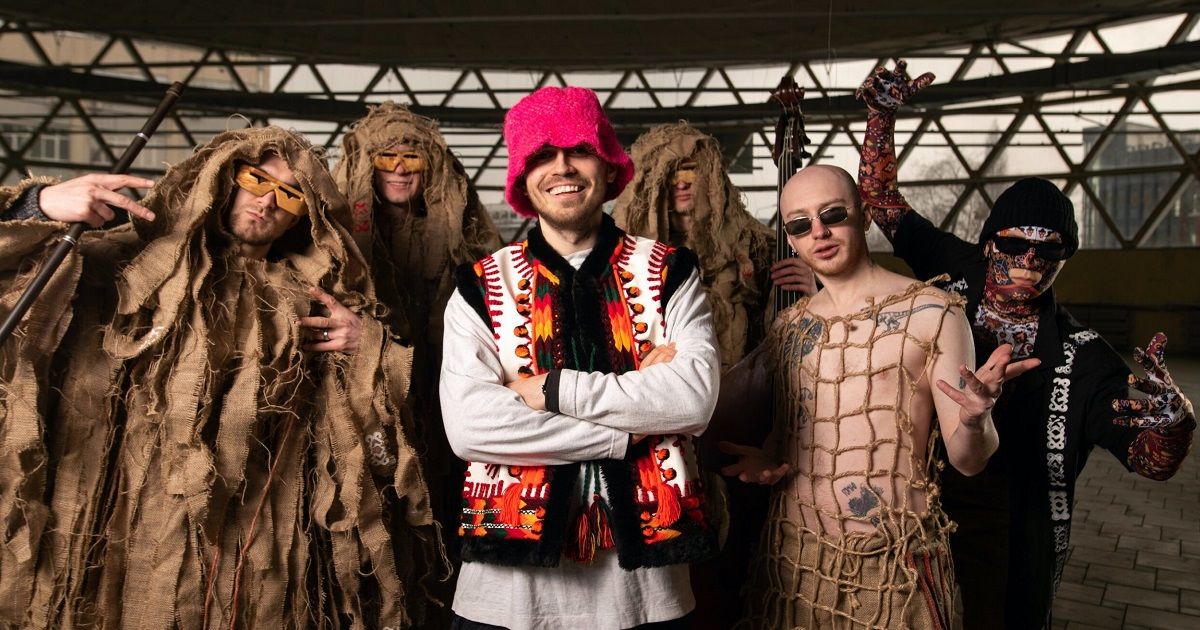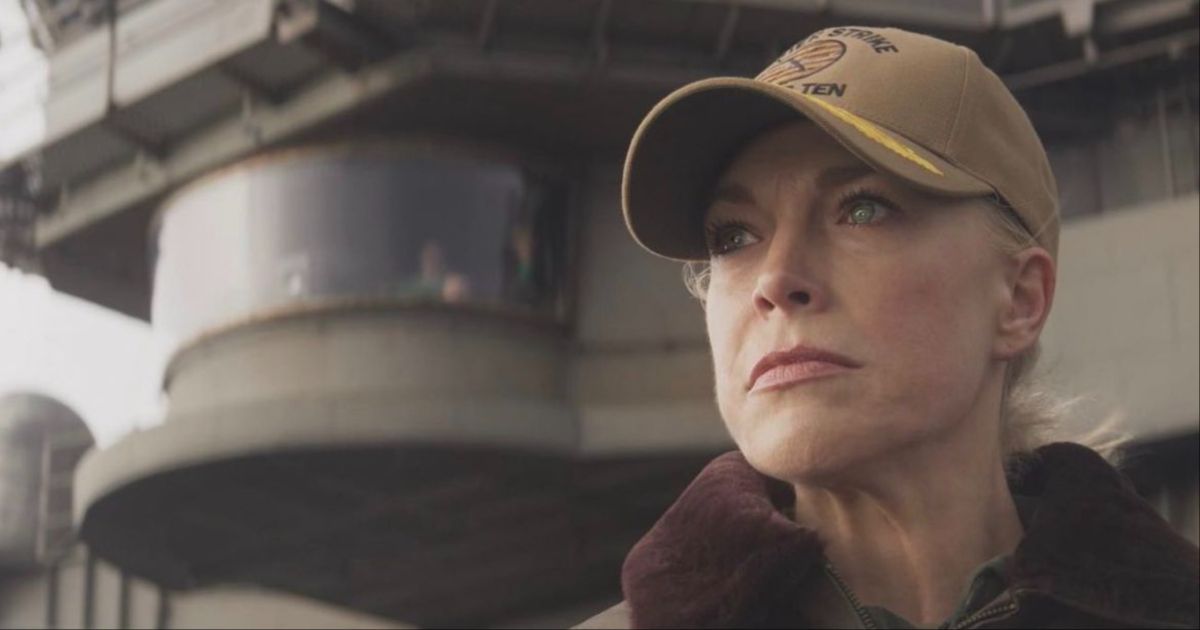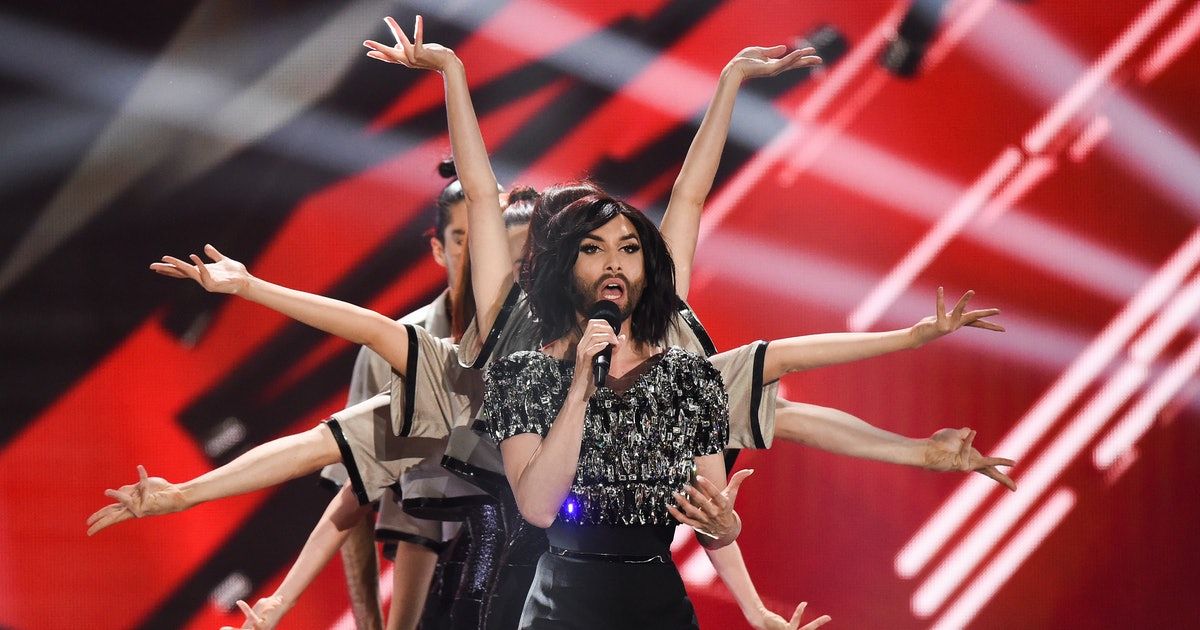The 67th edition of everyone's favorite pop music show, the Eurovision Song Contest, is rapidly nearing. Eurovision week is less than a fortnight away, set to start on Tuesday, May 9, running until May 13. For the performing artists, no less than the hordes of Euro-crazy fans that descend upon the host city every year, anticipation is ramping up.
However, this year's edition will be rather different from the usual extravaganza - and not just because of the inevitable changes in trends in pop music. Here's why Eurovision this year will be an especially poignant occasion.
Liverpool and Ukraine
As any member of the Eurovision cognoscenti will recall, last year's edition was won by the Ukrainian group Kalush Orchestra with a record score. However, the war in Ukraine last year shows no signs of abating. Although the Russian threat to the capital city, Kyiv, has decreased, Russian troops remain on Ukrainian soil in the east and south of the country. In such dire and tragic circumstances, the notion of hosting Eurovision as last year's winners was never seriously considered.
Fortunately, the United Kingdom came to Ukraine's aid, offering to host in their stead. So it will be that, as Eurovision week begins on May 8, fans and artists alike will flock to Liverpool Arena. The venue has a capacity of 11,000 and has played host to countless big-name stars since its opening in 2008, including Paul McCartney, Beyoncé, Drake, Kiss, and Bruno Mars.
The home city of the Beatles is pulling out all the stops to give a Ukrainian feel to the event. The Eurovision Village - an area of the city nearby where the various artists and support crews will congregate - will host a collaboration between a group of Ukrainian and Liverpudlian artists prior to the show, and Ukrainian musicians will be performing throughout the week.
Eurovision 2023: The Hosts
The preparations received more publicity when, earlier this week, King Charles and Queen Camilla visited Liverpool Arena, meeting with the hosts Hannah Waddingham and Julia Sanina.
The organizers wasted no time securing star names for the crucial job of hosting the live event. For fans of Game of Thrones, Waddingham needs no introduction, having joined the cast in 2015 as Septa Unella. More recently, she has starred in Netflix's Sex Education as well as Ted Lasso; and she is due to appear in Mission Impossible - Dead Reckoning Part Two, now in post-production.
Julia Sanina may be a name less well known to global audiences, but for Ukrainians, she is famous for her work as the frontwoman of The Hardkiss. The quartet participated in the Ukrainian selection process for their entry in the Eurovision Song Contest in 2016, coming second to the eventual winner of that year's edition, Jamala. Sanina has also worked in television, appearing on the Ukrainian edition of The X Factor. She expressed her gratitude to Liverpool's people for the enthusiasm with which they celebrated Ukraine's song contest in the city earlier this month.
Eurovision's third host this year is Alesha Dixon. Dixon made her name in the late 1990s as a founding member of the girl group Mis-Teeq. Since then, she has segued into television, with a slew of appearances as judge and presenter on shows including RuPaul's Drag Race UK, Strictly Come Dancing, Britain's Got Talent, the British edition of The X Factor, and America's Got Talent: The Champions. Add the BBC's resident Eurovision commentator, talk show host, and actor Graham Norton into the mix, and the stage is set for a glorious night's proceedings.
What About the Songs?
There is, of course, the small matter of the entries themselves. All participating countries have already chosen their songs, but the first the world will hear of them will be during the two semi-finals on May 9 and May 11, respectively.
The winners of those contests, along with the entries of Ukraine as last year's victors and those of the "Big Five" (i.e., the United Kingdom, Germany, France, Italy, and Spain, all of whom largely bankroll the contest), will compete in the grand final on Saturday, May 13.
As usual, bumper crowds are expected at the venue and across the globe. Whereas in the 1960s and 1970s, the appeal of the contest was largely confined to Europe, these days, Eurovision is a global brand, with audiences in every country on Earth.
Last year's competition, hosted in Turin, Italy, was viewed by an extraordinary 161 million people across all devices worldwide, making it one of the most-watched live events in history. It all goes to show that, where music is concerned, there is nothing like a bit of kitschy, campy pop to entertain viewers.




